Everything about cars is changing right now. That means how we power them, how drive them and even how we own them. –CNNTech, May 24, 2017
|
What Would Really Change Transportation? Blah, blah, blah. I’m so tired of the narrative that these evolutionary changes in transportation are some kind of earth-shattering revolution. Peter Valdes-Dapena, writing for CNNTech goes through his list of how everything with driving is changing:
Everything about cars is changing right now. That means how we power them, how drive them and even how we own them. –CNNTech, May 24, 2017 Hardware vs Software I liked this article by Vlad Sadov...
Physical things anchor our gadget lust in the real world and ultimately soak up whatever goodwill the software on those gadgets engenders. Yes, people have their favorite apps, but the appreciation for an app’s quality rarely translates into love for its maker. With hardware, on the other hand, a great user experience is almost always converted into brand loyalty. That’s part of Apple’s grand success, it’s the catalyst for growing fan appreciation for Microsoft and Amazon, and it was the thing that made Google I/O feel a bit boring. –Vlad Sadov, The Verge If you’re going to buy somebody a gift for an occasion like their birthday or Christmas, you never think about software. The software may make the gadget more appealing but it’s still the physical gadget that gets all the glory. Did Samsung Forget About Tablets? This is encouraging. 9to5Mac is reporting rumors that the upcoming iPhone 8 is shorter than the Plus model but slightly wider than the non-Plus 4.7” iPhone. This would be the best case scenario.
I’ve been concerned that Apple would give the new flagship iPhone a taller and narrower aspect ratio. As I’ve written before, narrow screens make viewing the internet terrible when holding your device in portrait mode. Hardware vs Software Rumor has it that Apple is about to launch an Amazon Echo–like competitor at WWDC next month. Something that I never thought they’d do. I figured that Apple’s most likely course of action was to improve Siri. Unlike Amazon, Apple already has Siri distribution points all through our lives. In our phones, tablets, watches, Apple TVs and MacBooks. And yet the Echo seems to be running away with the household assistance market. Why?
Besides a 50% Sales Decline Chris Chavez over at Phandroid makes the case that the curved screen on Samsung’s Galaxy S8 is actually the phone’s worst feature. The fact that Samsung made another dumb decision that favors a marketing gimmick at the expense of the user experience does not surprise me.
Picture this: a smartphone manufacturer makes a new smartphone with the best display on the market. The only caveat is that there’s excessive distortion and light bleed along the side edges. Would this phone be given rave reviews? Not a freakin’ chance, but that’s exactly what you see with the Galaxy S8. –Chris Chavez, Phandroid The iPhone's Partial Successor? Alex Kipman, the inventor of the HoloLens, is absolutely correct. Smartphones will eventually be replaced by augmented reality wearables. Even I can see it coming.
We’re not going to come out with another device that someone’s done,” says marketing chief Mehdi. Anyway, smartphones are yesterday’s news, says HoloLens inventor and in-house futurist Alex Kipman. “The phone is already dead,” he says. “People just haven’t realized.” Kipman is convinced some kind of mixed-reality device like the HoloLens will replace the phone—a theory echoed over at Apple. –Alex Kipman, HoloLens Inventor The MacBook Is the Worst of Both Worlds Every now and then I hear someone ask why Apple’s MacBook couldn’t fill that middle ground between using an iPad and a MacBook Pro. One thing is certain, only people who primarily use a Mac ask that question.
Factory Automation Is Our Only Hope About once a month Glenn Beck freaks out on his radio show over the coming AI apocalypse. He’s worried that one day companies will have so many robots that no one will have jobs to do. His problem is that he constantly talks to people who know a lot about tech. But not much about manufacturing or economics.
Step 1 – Get into consumer’s homes with an always-on listening cylinder
Step 2 – Add a 7” screen to make video calling possible Step 3 – Make it thinner and give it an all-day battery so that it’s portable. Step 4 – Add a small pocket-sized version with cellular so that you can take it with you out of the house. Remember the great economic collapse of 2008? Millions of people lost their jobs…and their health insurance. When the Democrats try to make the argument that Obamacare has allowed millions of people to get health insurance, they always compare to this specific low point. It’s a bogus stat that is doctored for propaganda purposes. As the economy recovered and the unemployment rate went down, guess what happened? More people gained health insurance because they got a job.
Tablets Make More Sense in the Office I enjoyed the movie The Circle and highly recommend it. Before it came out I had written about how it appeared to be more about Google than Apple. But after actually seeing the movie, I think it's probably more about Facebook than anyone.
I Told You So Privacy is kind of like your local police force. It’s crucial to an orderly society, but most people don’t need it very often. Nonetheless, it’s crucial that both privacy and your local police force are maintained.
Ars Technica is reporting this week that more Android apps than ever are covertly listening for inaudible signals in broadcast media. The apps silently listen for ultrasonic sounds that marketers use as high-tech beacons to indicate when a phone user is viewing a TV commercial or other type of targeted audio. A representative sample of just five of the 234 apps have been downloaded from 2.25 million to 11.1 million times, according to researchers, citing official Google Play figures. None of them discloses the tracking capabilities in their privacy policies. –Dan Goodwin, Ars Technica The Free Market Works If I could interview any one person in the Trump administration it would be Ajit Pai. This guy is brilliant and probably one of Donald Trump’s top three appointments. He’s a free market capitalist that understands the big picture of the internet and the threats that are arrayed against it. I heard him on a podcast while out running today and couldn’t resist posting a link to his fifteen-minute interview by Glenn Beck. You’ll need to fast-forward to the 1:11:20 mark: 5/2/17 – Ajit Pai, Christina Hoff Sommers, and Steve Deace Join Glenn Beck Net neutrality is a horrendous idea that threatens the very foundations of the internet economy. It is the equivalent of enacting 1950’s communist Russian policies in America. In other words, it stifles innovation. Most tech blogs don’t understand the ramifications of net neutrality and have an almost child-like understanding of economics. Their primary error is in believing that the net owes the little guy equal access to resources. This isn’t true in the real world nor should it be true on the internet.
Let me give you a brief example. Let’s say that you think you could build a better iPhone. You draw up your schematics and go out to buy your materials. You are then shocked to find that you can’t get as good of a price for memory chips, displays, and aluminum as Apple (AAPL). Your competitor to the iPhone is going to cost you $2,000 per unit to produce. You cry foul that the system is rigged against you. Your material vendors say “No, you just don’t buy enough materials to get an Apple-level discount.” This is why small businesses rarely attack large corporations head-on. They look for niche markets where the big guys don’t want to play, and they can charge higher prices to cover their cost of business. Internet companies will have to be no different. If you want to attack Google by starting a business out of your basement, good luck with that. But if you design something unique like Plex, more power to you. But using government regulations to ensure everyone has equal access to resources is a communist idea that no one outside of North Korea should be gullible enough to believe. Related: The Danger of Net Neutrality Net Neutrality and the California Drought iMessage Could Be the Big Winner I had written last week about how Apple could play the low-price game and win. They haven’t yet, out of a fierce protectionism around their premium iPhone business. This tactic makes sense when you are getting fat profit margins on massive volume. Apple is set up to harvest as much profit out of the iPhone as possible. Perhaps to the detriment of its services.
Pushing the Boundaries of the Material World When it comes to iPhone hardware, Apple is doing exactly what I thought they should do. They’re “going deep”.
Only in the last month, three things have come up which show either how Apple is getting further involved in new components or getting more of a return from it.
Renting vs Streaming Your Music 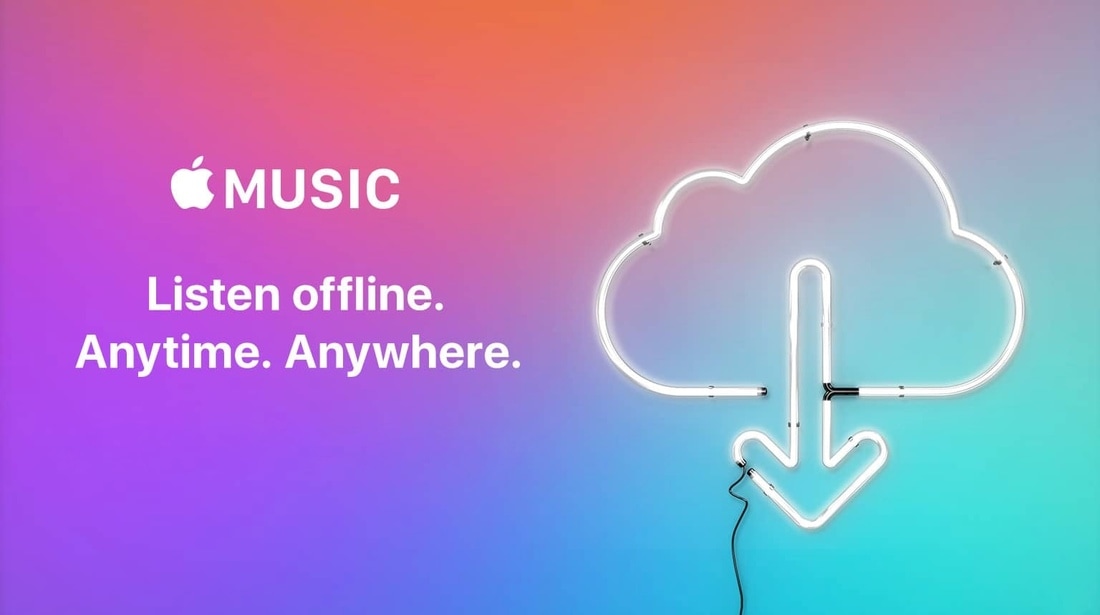 A couple of years ago after Apple announced Apple Music, I decided to bite the bullet and do the math behind what the real cost of renting my music library would be. I tried to evaluate the choice the same way a corporation would evaluate a rent-vs-purchase decision. Anyone considering signing up for a streaming service should read this just so that they’re aware of what they are giving up.
Don't Mess With Privacy So, the New York Times is reporting that Tim Cook threatened to pull Uber from the App Store.
For months, Mr. Kalanick had pulled a fast one on Apple by directing his employees to help camouflage the ride-hailing app from Apple’s engineers. The reason? So Apple would not find out that Uber had secretly been tracking iPhones even after its app had been deleted from the devices, violating Apple’s privacy guidelines. But Apple was on to the deception, and when Mr. Kalanick arrived at the midafternoon meeting sporting his favorite pair of bright red sneakers and hot-pink socks, Mr. Cook was prepared. “So, I’ve heard you’ve been breaking some of our rules,” Mr. Cook said in his calm, Southern tone. Stop the trickery, Mr. Cook then demanded, or Uber’s app would be kicked out of Apple’s App Store. –Mike Isaac, New York Times But Why Would They Do It? Periodically the manufacturing analyst in me wonders what kind of market share Apple could command in the mobile-phone space if they were to intentionally make a push into the budget arena. Not that that they ever would, and I don’t think I’d ever recommend it, but I can’t help but ponder the question. Would Apple be successful at it?
Android Could Be in Trouble Apple has spent a long time cultivating a big lead in mobile processors for its iPhone and iPad. They aren’t sparing any amount of time and treasure, and yet, very few seem to be asking why. Apple isn’t interested in simply owning bragging rights by consistently beating Samsung in mobile phone speed tests. The big picture is…bigger.
So Long, and Thanks for All the Fish In the world of tech journalism they don’t come any bigger than Walt Mossberg. He is to journalism as Tom Brady is to Football. Huge. I started reading his stuff when he was with the Wall Street Journal and later when he co-founded Recode. And yet, no matter how big of a celebrity he got to be, his writing was always to the common man. I appreciated that. Now after 47 years of journalism he’s retiring.
Walt wrote me a nice e-mail a couple of months after I had started my blog and complimented one of my posts as being a “smart piece”. I was absolutely beaming for a week. The thing was, unbeknownst to Walt, I was on the verge of giving up on blogging. His compliment came at just the right time that I decided to keep going. Even though Walt was at the top of the tech world I appreciated his willingness to take a few minutes out of his day to say a few kind words to a nobody like me. He may even have forgotten, but I never will. Thanks Walt and enjoy your retirement. Apple Needs to Add One More Disclaimer My wife and I enjoy going out for walks after dinner. We always take our iPhones with us but we never use them. They only serve as communication beacons for our Apple Watches. Often while out walking, one of us may punctuate our conversation with a quick text back to the kids to remind them about something. Or we’ll receive a text that needs a quick response.
Single-Threaded Performance Is More Important Than Multi-Threaded This is too funny to let slip by unmentioned. So what happens when you gather the best that Android has to offer and put them up against Apple's aging iPhone 7? The iPhone is already past halfway through its life cycle.
Now Samsung Values Hand Feel? I had written yesterday about a couple of reasons that I didn’t want Apple to make Samsung’s mistake in opting for a taller and narrower aspect ratio. This form handicaps both watching landscaped video in portrait mode and reaching the top of the screen.
But the drawbacks don’t stop there. There is also the issue of how websites look on a mobile phone screen. Simply put, the web looks better on a wider screen than a narrow one. More horizontal space allows for larger font sizes for your text. Extra vertical space does not. You get more text, but the font size isn’t any larger. The net result is that web pages are much more readable on phones that have a fatter aspect ratio. Width Is Good and the Galaxy S8 Was a Mistake All the rumors about Apple changing the aspect ratio of the next iPhone to a taller and narrower screen are troubling. I’m hoping that they’re wrong but the release of Samsung’s Galaxy S8 in a taller and narrower configuration have me starting to think it might happen.
Some Things Get Better With Age Apple’s Live Photos are seriously cool. Only, I didn’t realize this until about a month ago because Live Photos are like an old school yearbook. When you first get it, you thumb though the pages once and throw it on a shelf to collect dust. Only years later do you actually appreciate seeing the names and faces of people who you never thought you’d forget, jogging your memory.
|
Robert PerezManufacturing and distribution analysis since 1993. Perezonomics is available in Apple News
Archives
October 2024
|


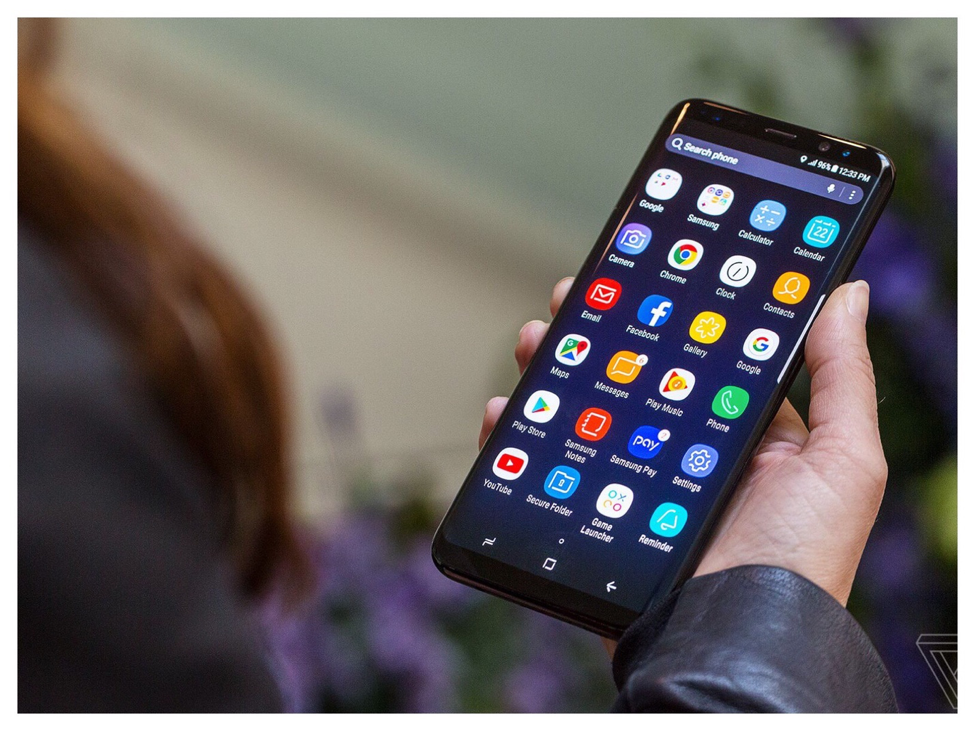
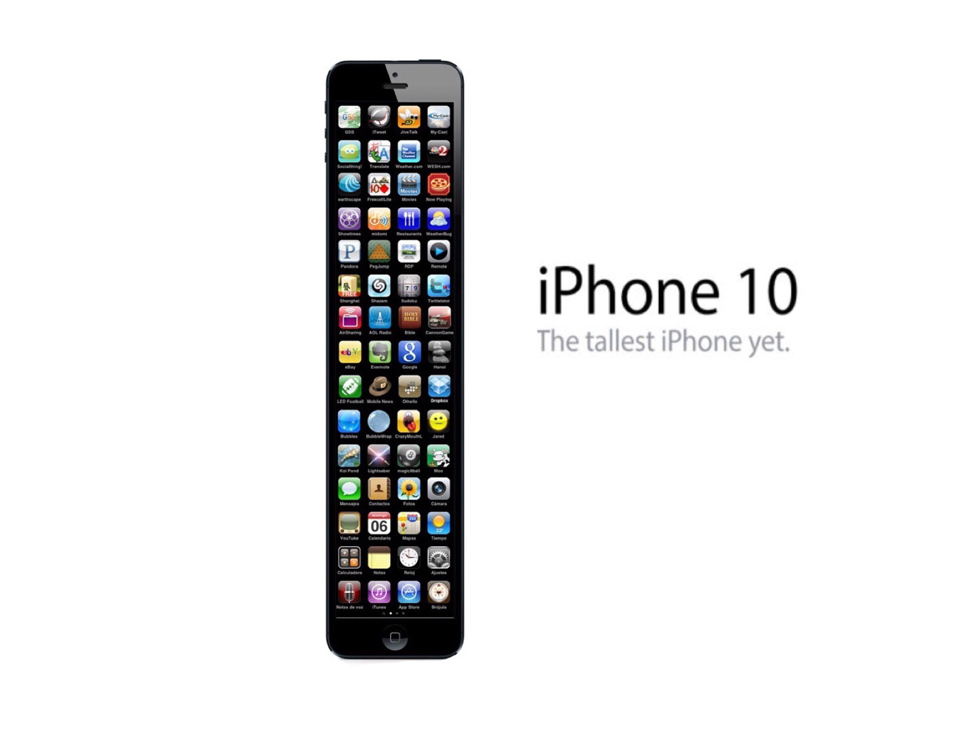
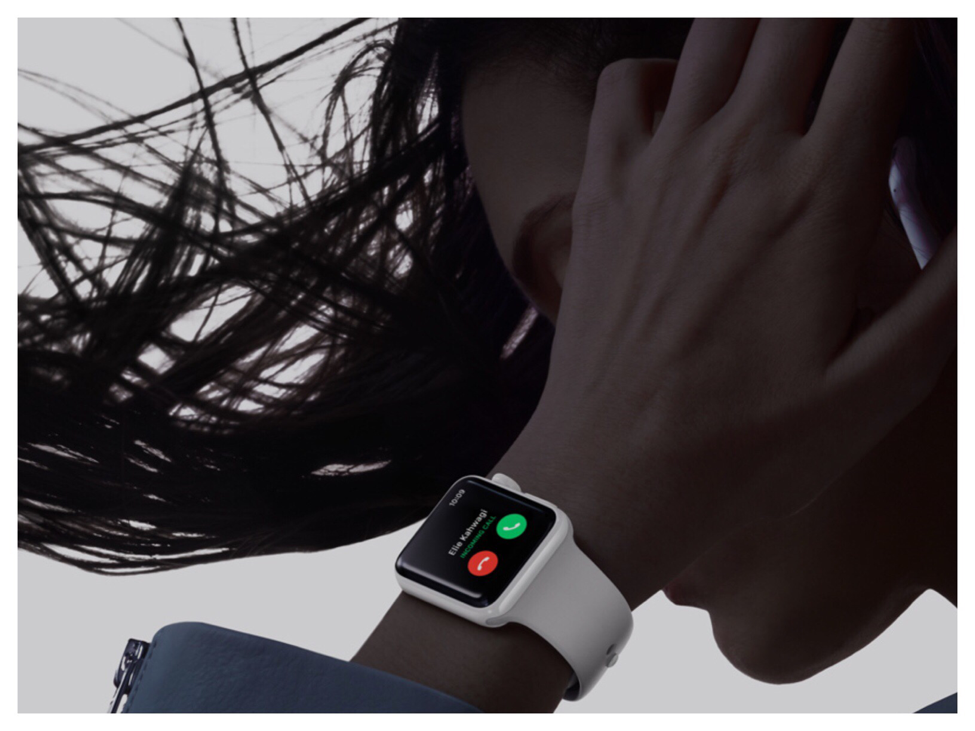
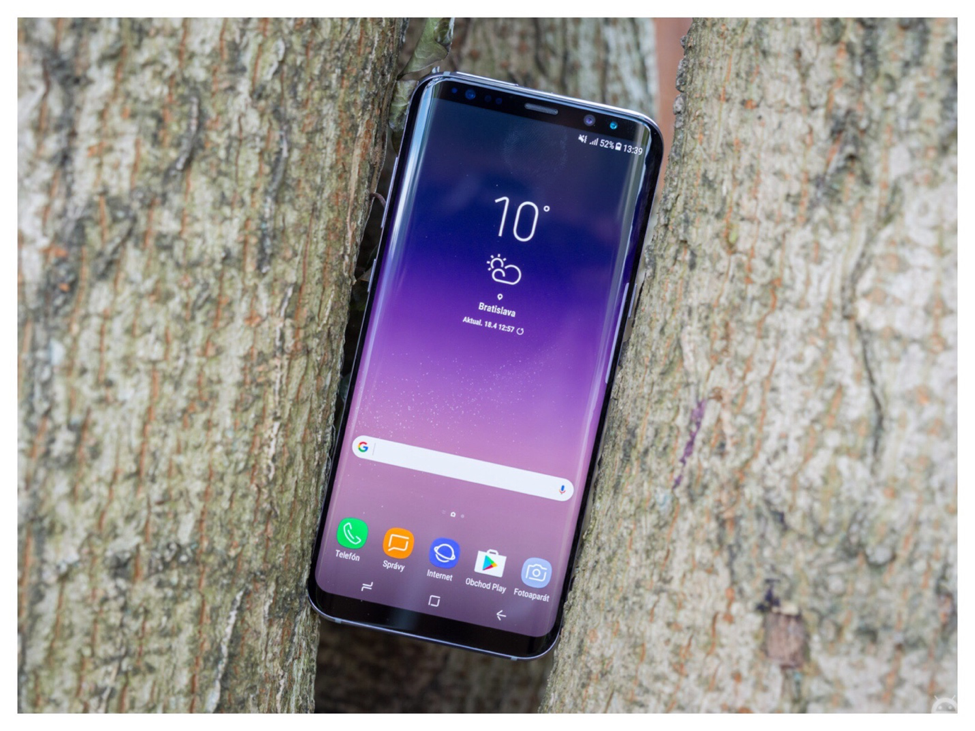

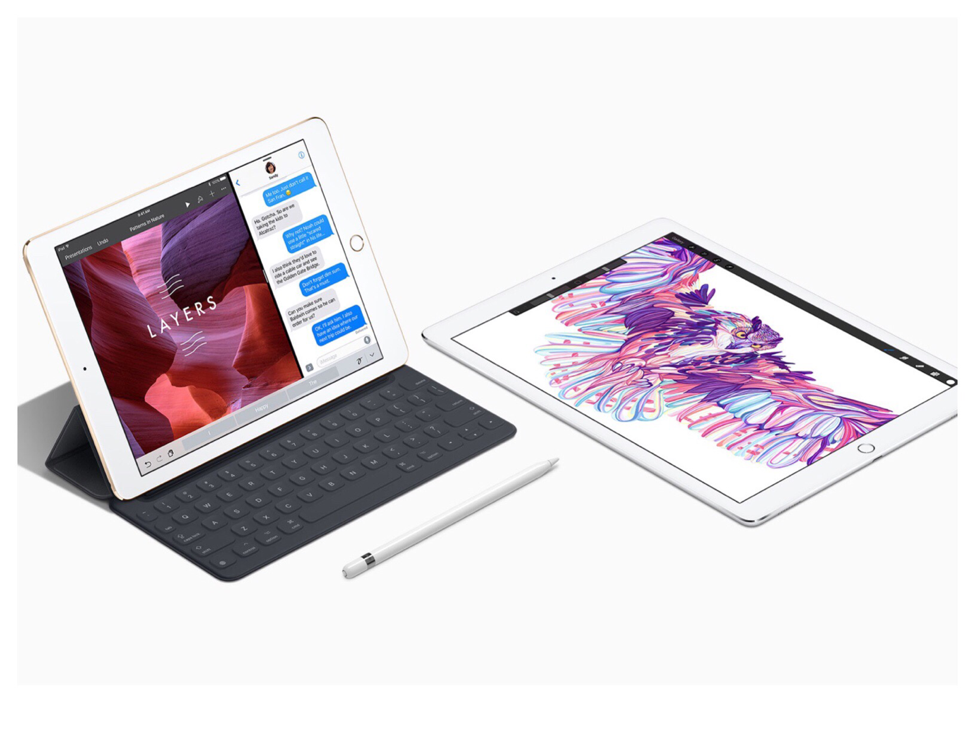

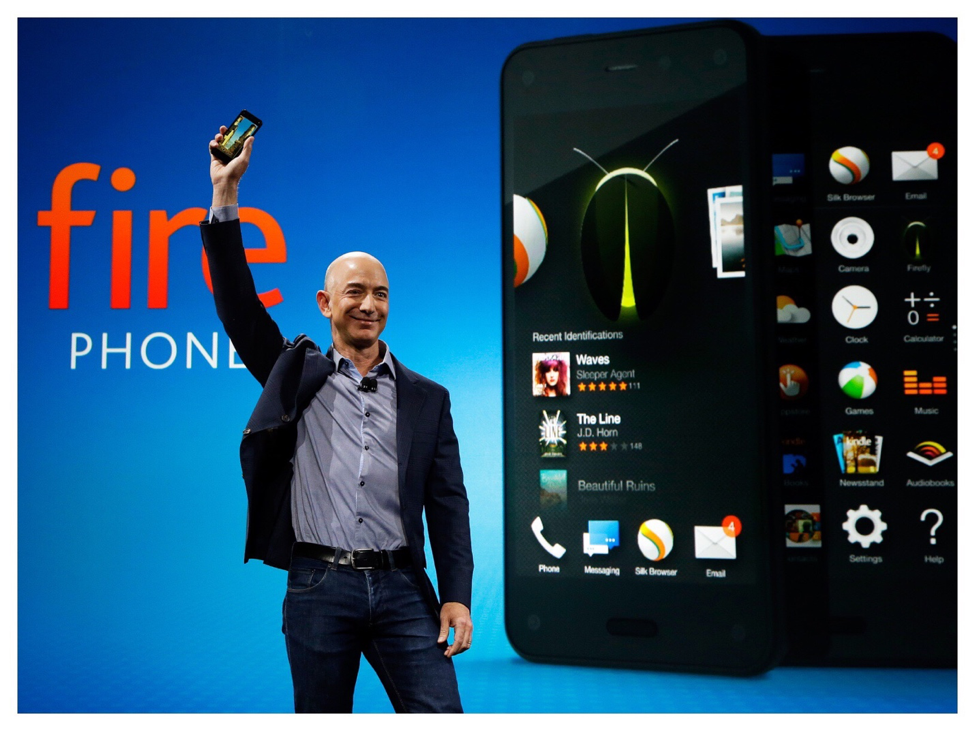
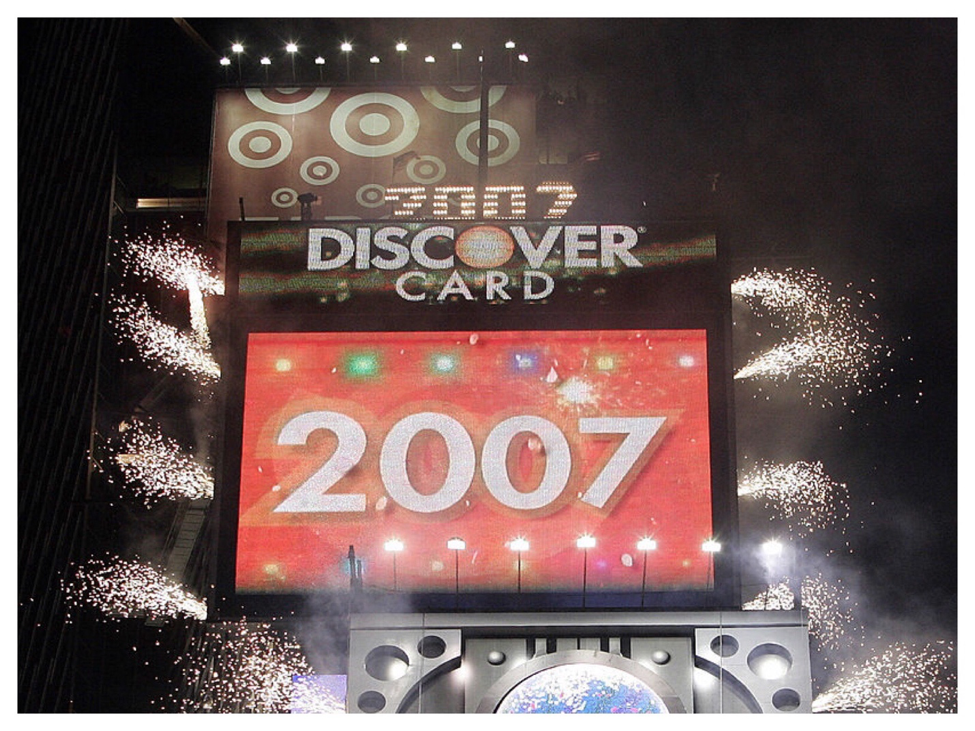
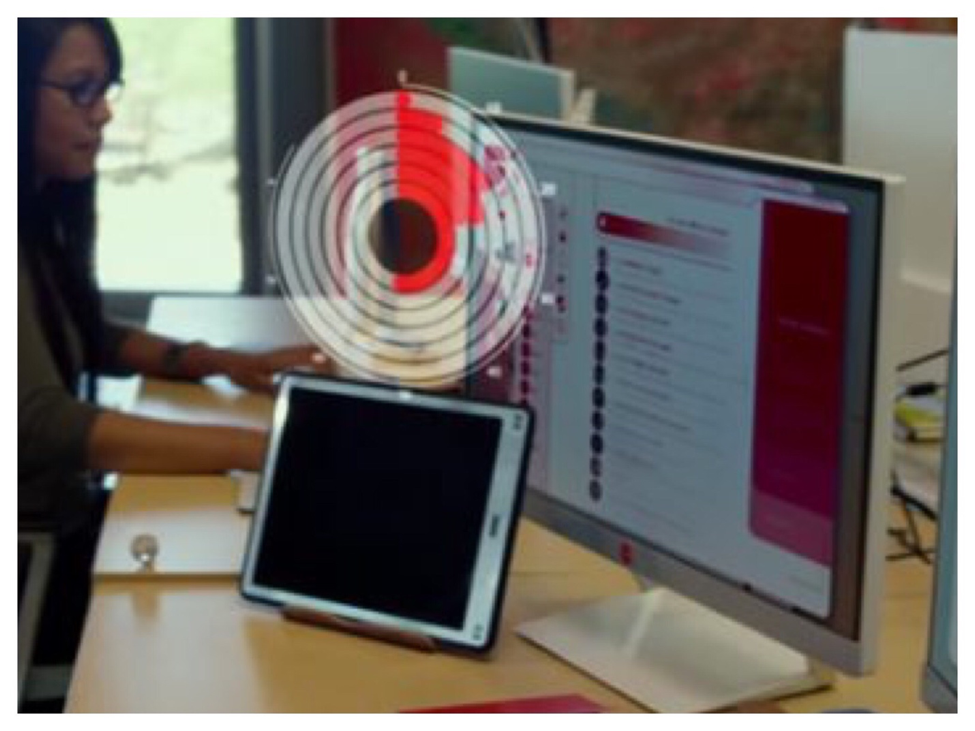
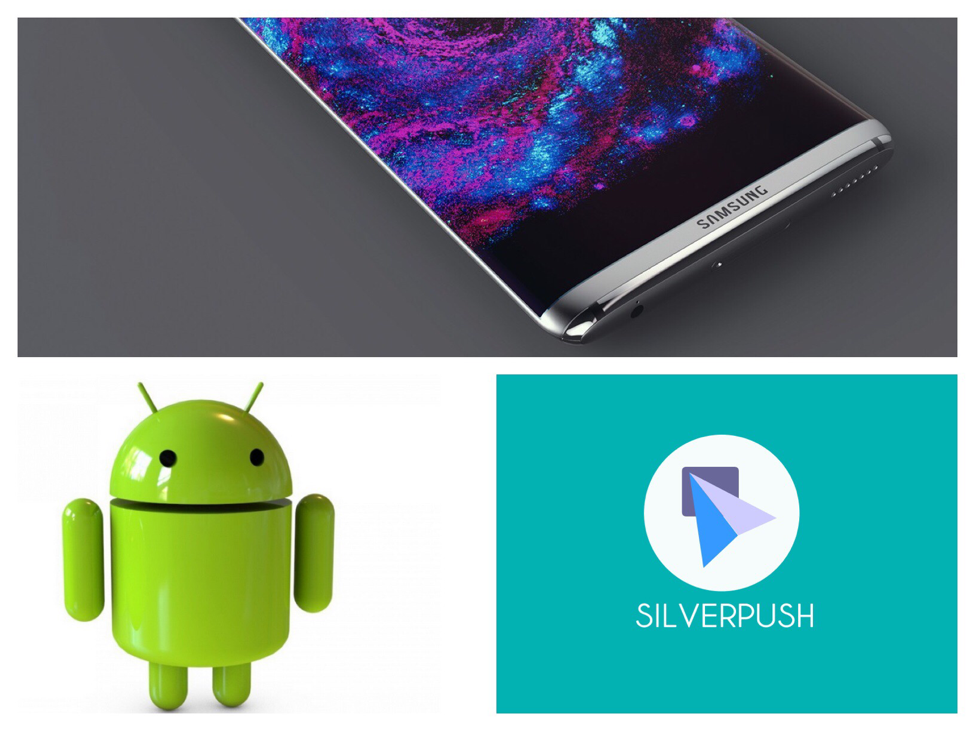
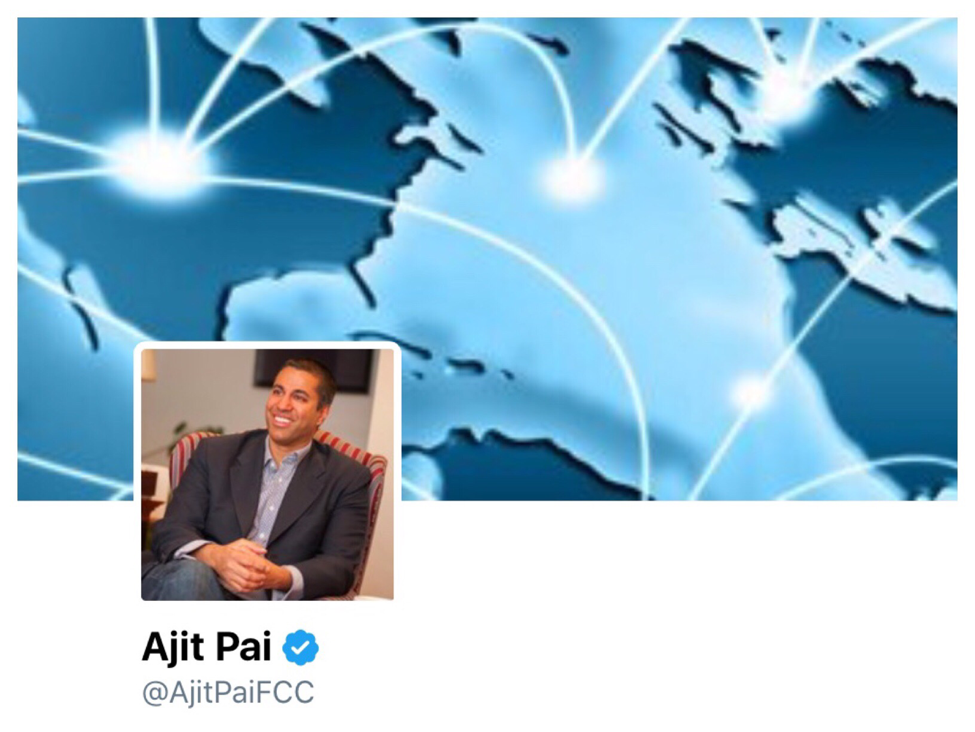
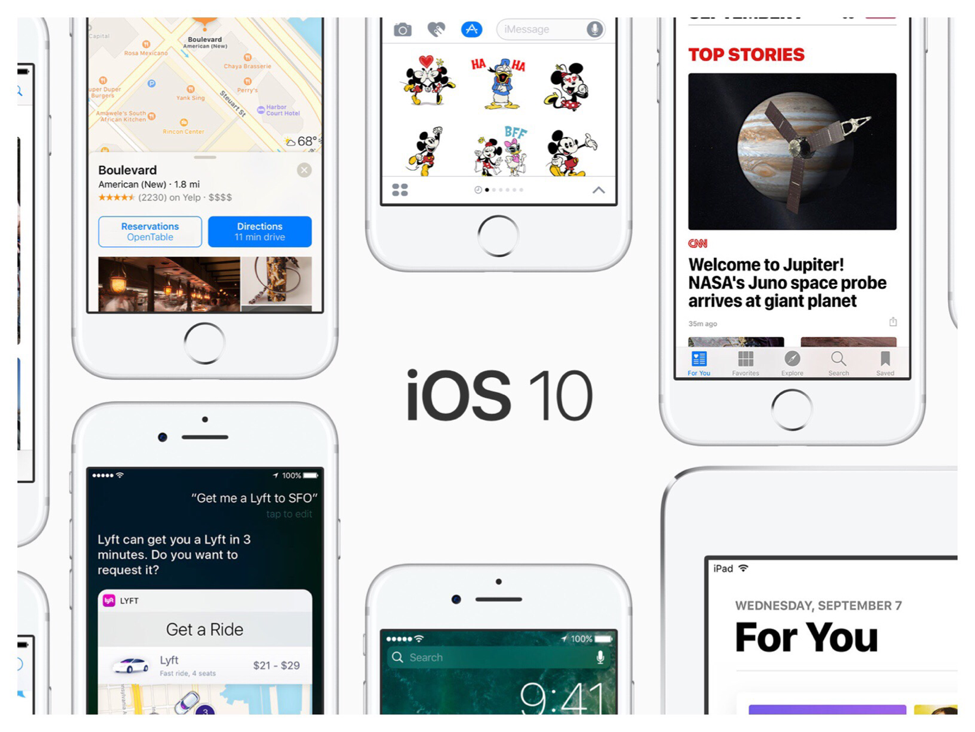
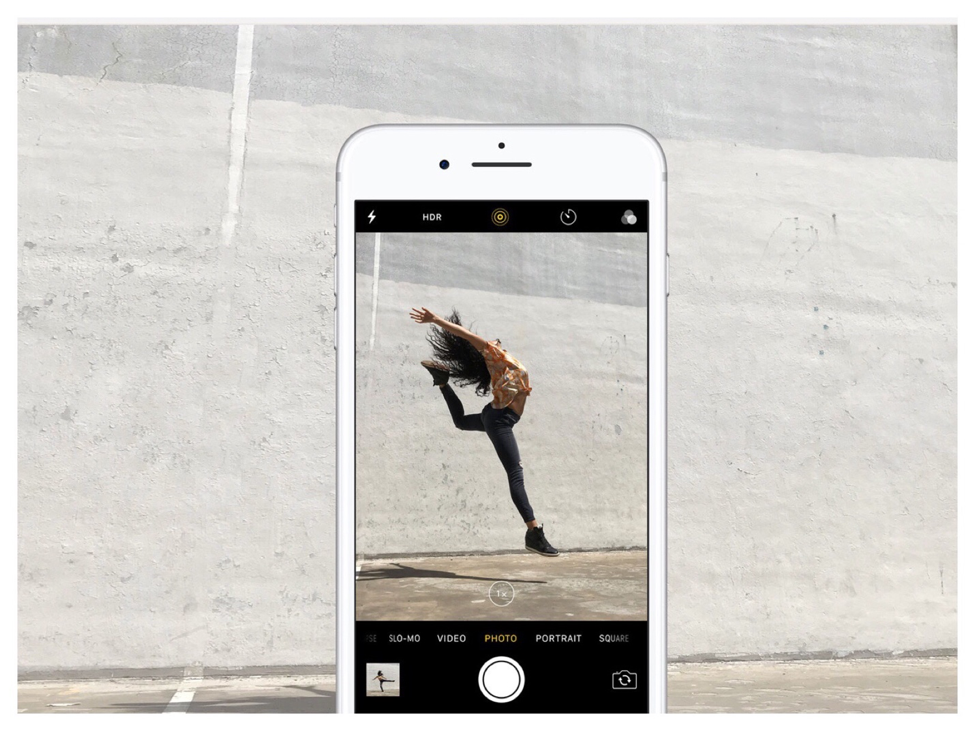
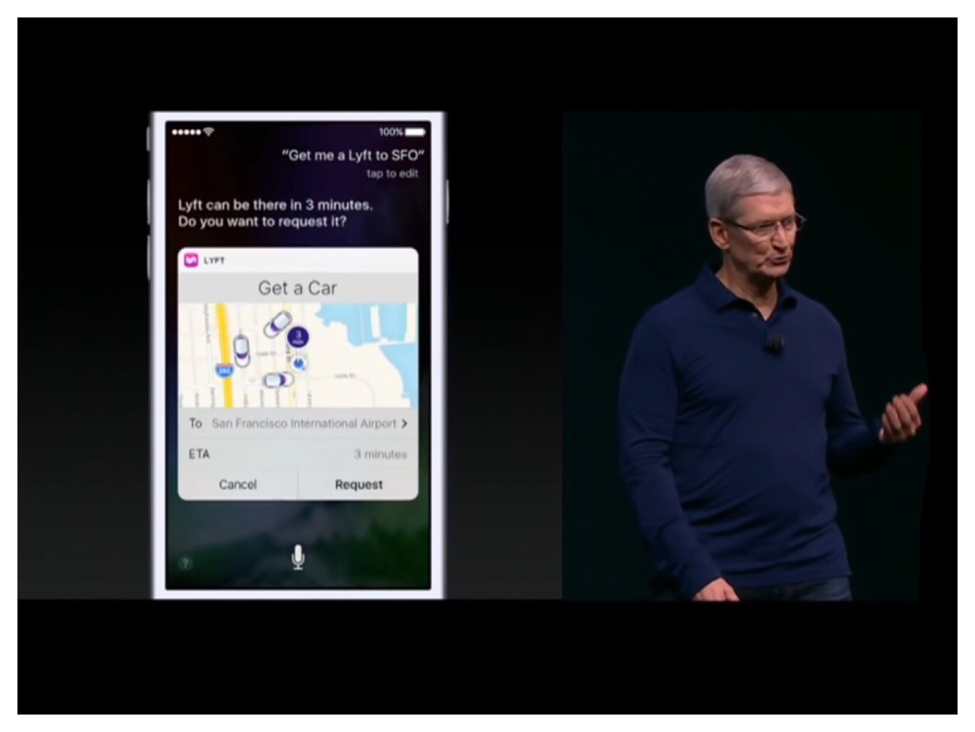
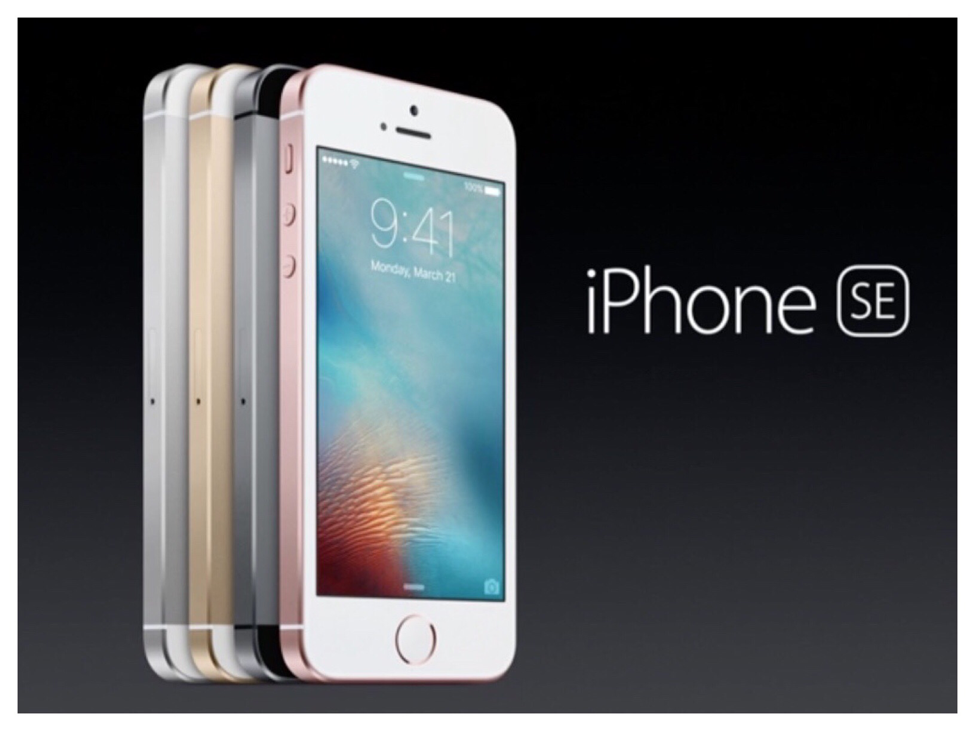

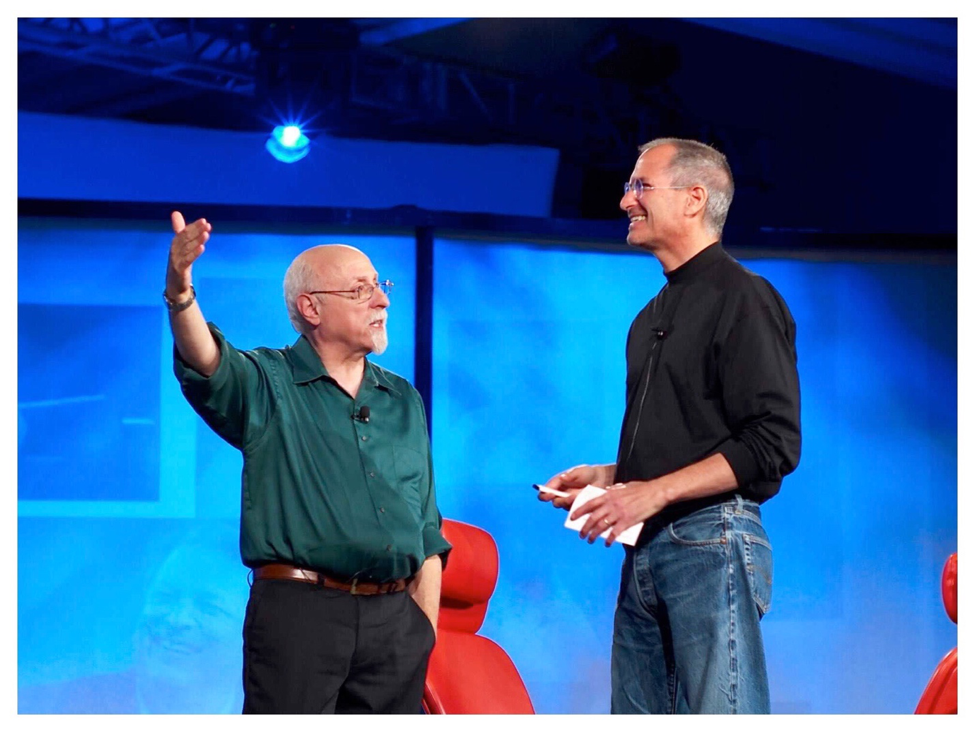
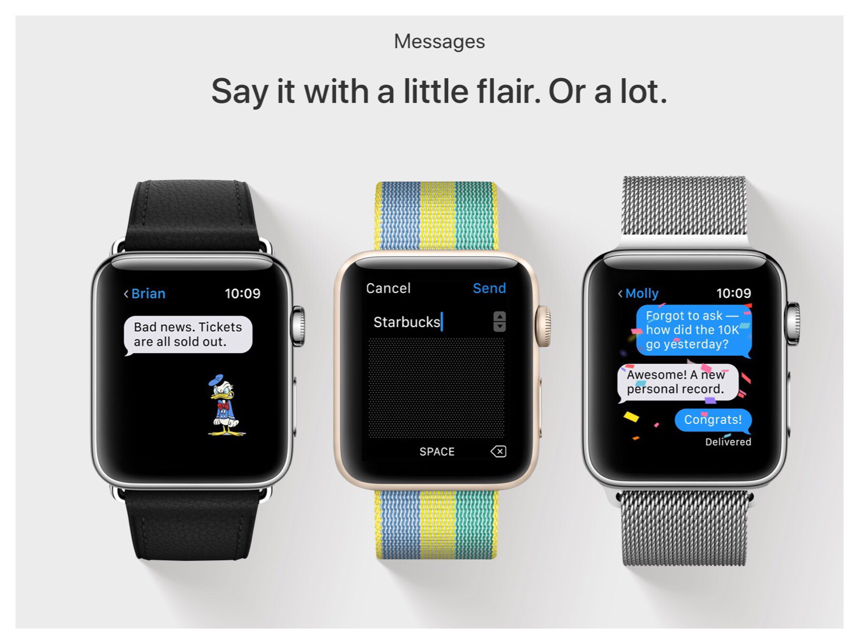
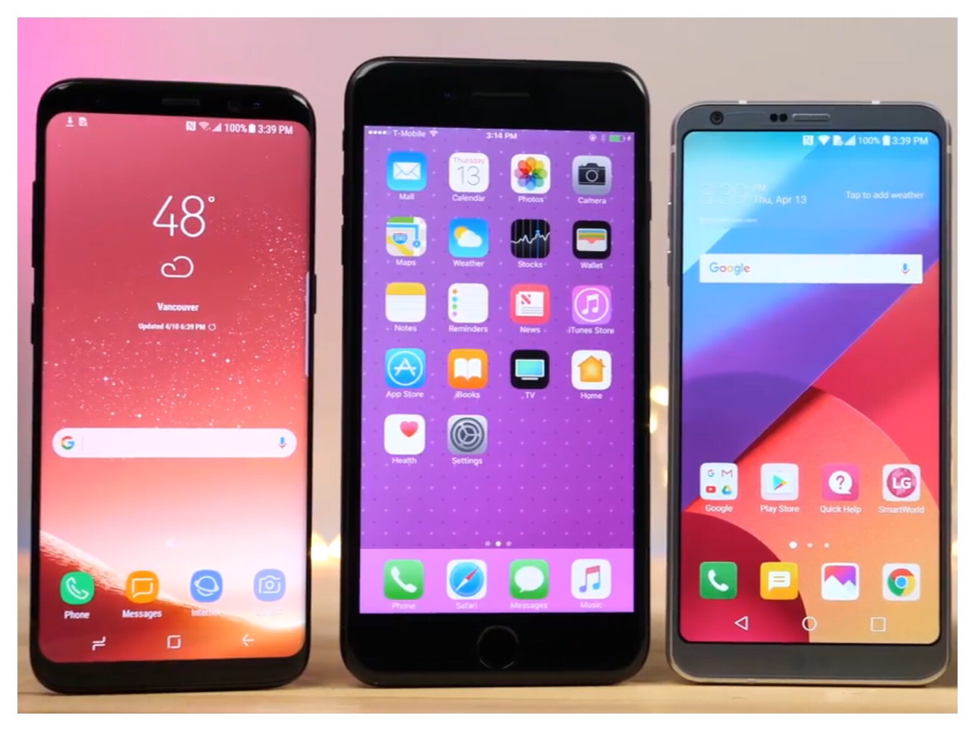
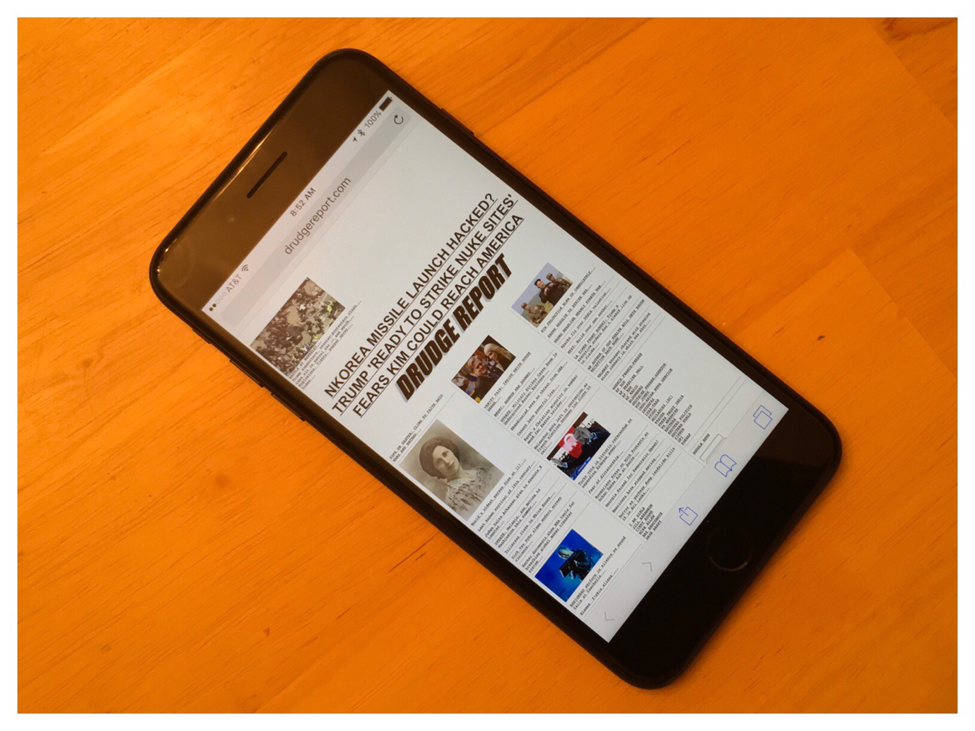
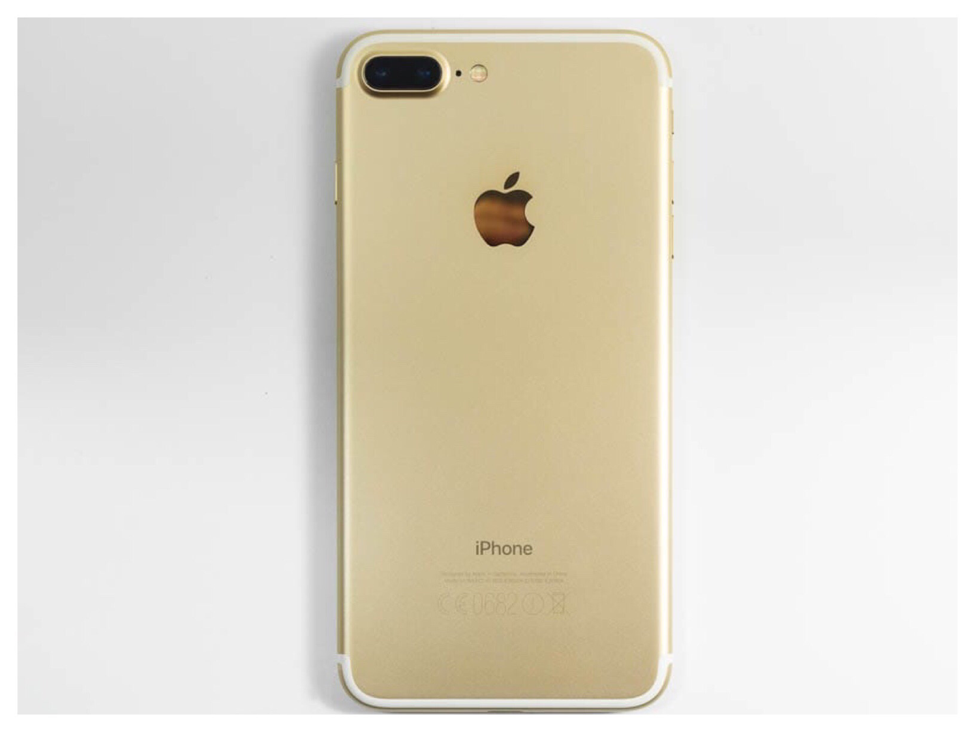
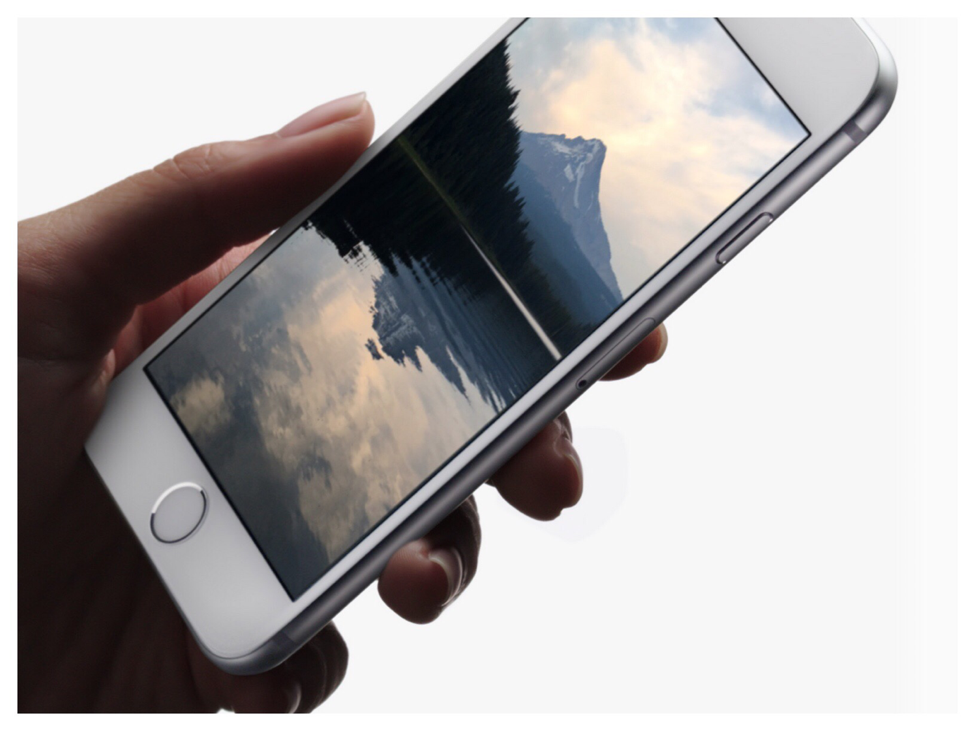

 RSS Feed
RSS Feed